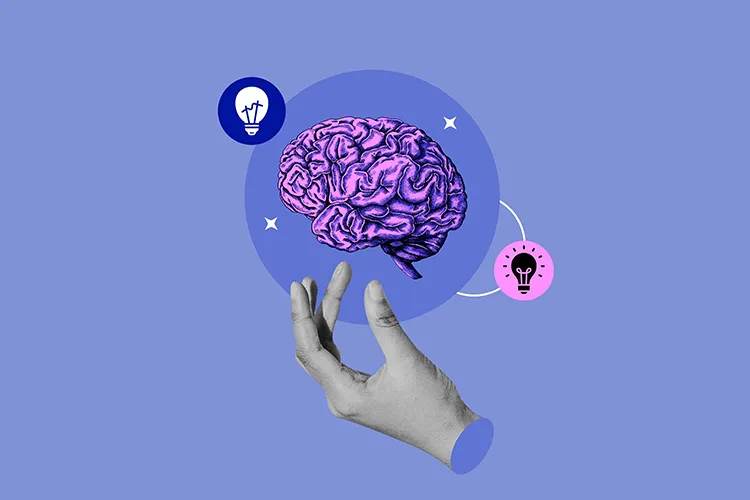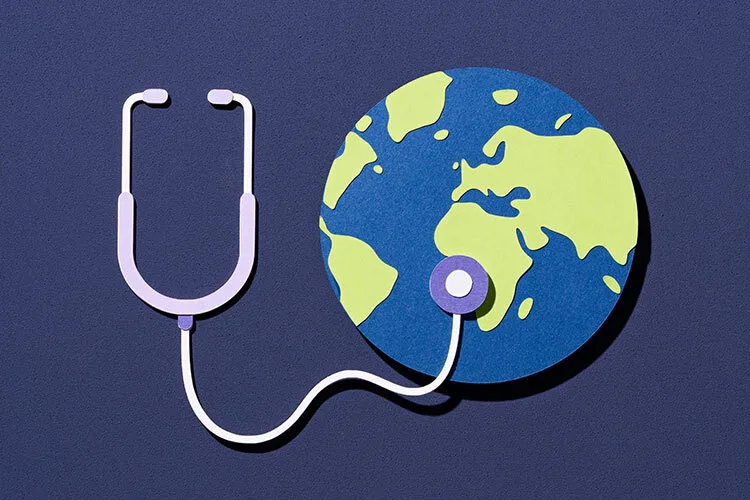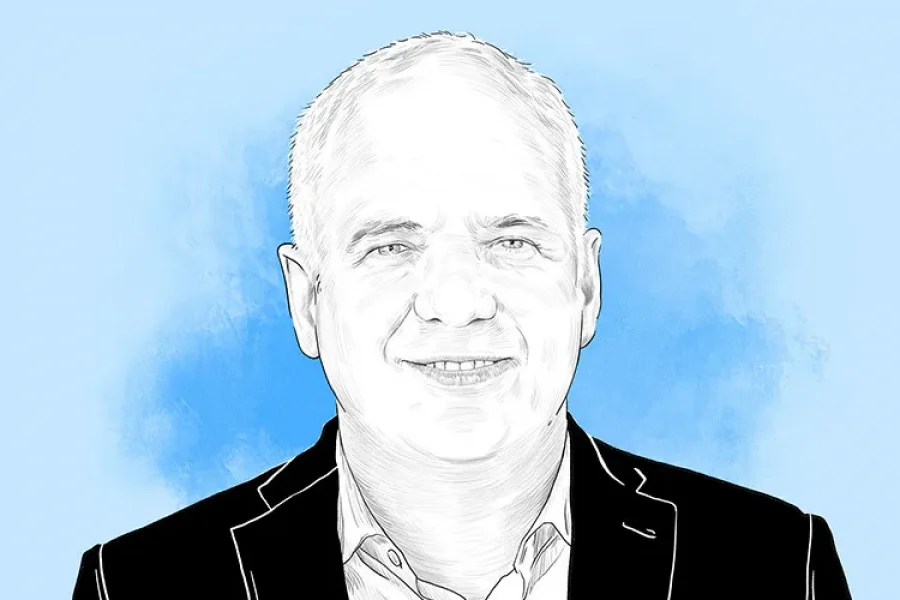A comprehensive study challenges common beliefs about the relationship between economic prosperity and mental well-being. The report “The World’s Mental State in 2023”, based on data from over 500,000 respondents in 71 countries, reveals that some nations with advanced economies rank lower in mental health metrics compared to several developing countries.
The study, conducted by the Global Mind Project, uses the Mental Health Quotient (MHQ) to assess mental well-being on a 300-point scale.
In 2023, the global average MHQ score was 65. The report shows that 27% of the surveyed countries were classified as “distressed” or “struggling”, while 38% were considered “successful” or “thriving”. These figures are similar to the previous year.
In this global context, Mexico appears in 22nd place with an average MHQ score of 76. Many other Latin American countries are in the top third of the ranking along with Mexico.
What Does the Concept of Mental Well-being Encompass?
Although the report indicates that 26% of Mexicans surveyed were classified as distressed, the country scored high in the six dimensions of mental well-being, such as “drive and motivation” and “adaptability and resilience”.
Jennifer Newson, the lead scientist in cognitive and mental health at Sapien Labs, the organization behind the research, says that with this work they hope to close gaps in mental health research and expand current data that only measure rates of depression or anxiety. They began this project during the pandemic to better understand changes in people’s mental well-being.
“Currently there is no broader understanding of the overall mental well-being of our global population,” she said in an email to TecScience about the report.
However, the report makes an important distinction between happiness and mental well-being. As Newson explains, happiness or mood is only part of overall well-being. “When it comes to how well our mind is performing, it’s not just about how we feel, but also how well we’re functioning,” she said.
In their research, they follow the same definition of mental well-being as the World Health Organization (WHO): a state that allows people to face normal daily stress, concentrate and work well while contributing to their community.
“Our mental well-being encompasses everything from being able to form good relationships and being emotionally resilient, to being able to concentrate and make good decisions.”
All these elements are taken into account with the MHQ metric they created, which demonstrates a linear relationship with productive days.
Economic Development Does Not Imply Mental Well-being
One of the main findings of the report is an inverse correlation between economic development and mental well-being. Several Latin American and African countries ranked higher in mental health scores, while some economically advanced nations, including the United Kingdom and Australia, ranked lower in the classification.
According to the publication, “greater wealth and economic development do not necessarily lead to greater mental well-being, but can lead to consumption patterns and a weakening of social ties that are detrimental to our ability to thrive.”
Their research identifies three factors that may contribute to these patterns:
- First, the data shows that early acquisition of smartphones was associated with lower MHQ scores, particularly in the 18-24 age group.
- Second, consumption of ultra-processed foods emerged as a factor. The study found a link between frequent consumption of these foods and lower mental well-being scores across all age groups. It also notes that less developed countries tend to have lower consumption of ultra-processed foods.
- Third, the strength of family relationships seems to play an important role in mental health. The data suggests that close ties with relatives may be associated with better well-being.
Mexico, for example, ranks high in the love and care they feel for people beyond their close friends and families compared to many other countries, which contributed to its higher MHQ score.
Tara Thiagarajan, Chief Scientist at Sapien Labs and lead author of the report, previously explained in an interview that the mentioned factors explain why countries like Venezuela or Tanzania appear at the top of the list in mental well-being. “They can’t afford as many Westernized ultra-processed foods, so they don’t import them. They don’t have smartphones they can give to their children at such a young age. And they have large families that stay together.”
The Global Mind Project is working on expanding its research, with the aim of providing a comprehensive view of mental well-being across diverse populations. As the global community continues to address the effects of the COVID-19 pandemic, researchers hope this report will offer insights into the current state of mental health and indicate areas for future research.
Did you find this story interesting? Would you like to publish it? Contact our content editor to learn more at marianaleonm@tec.mx
















